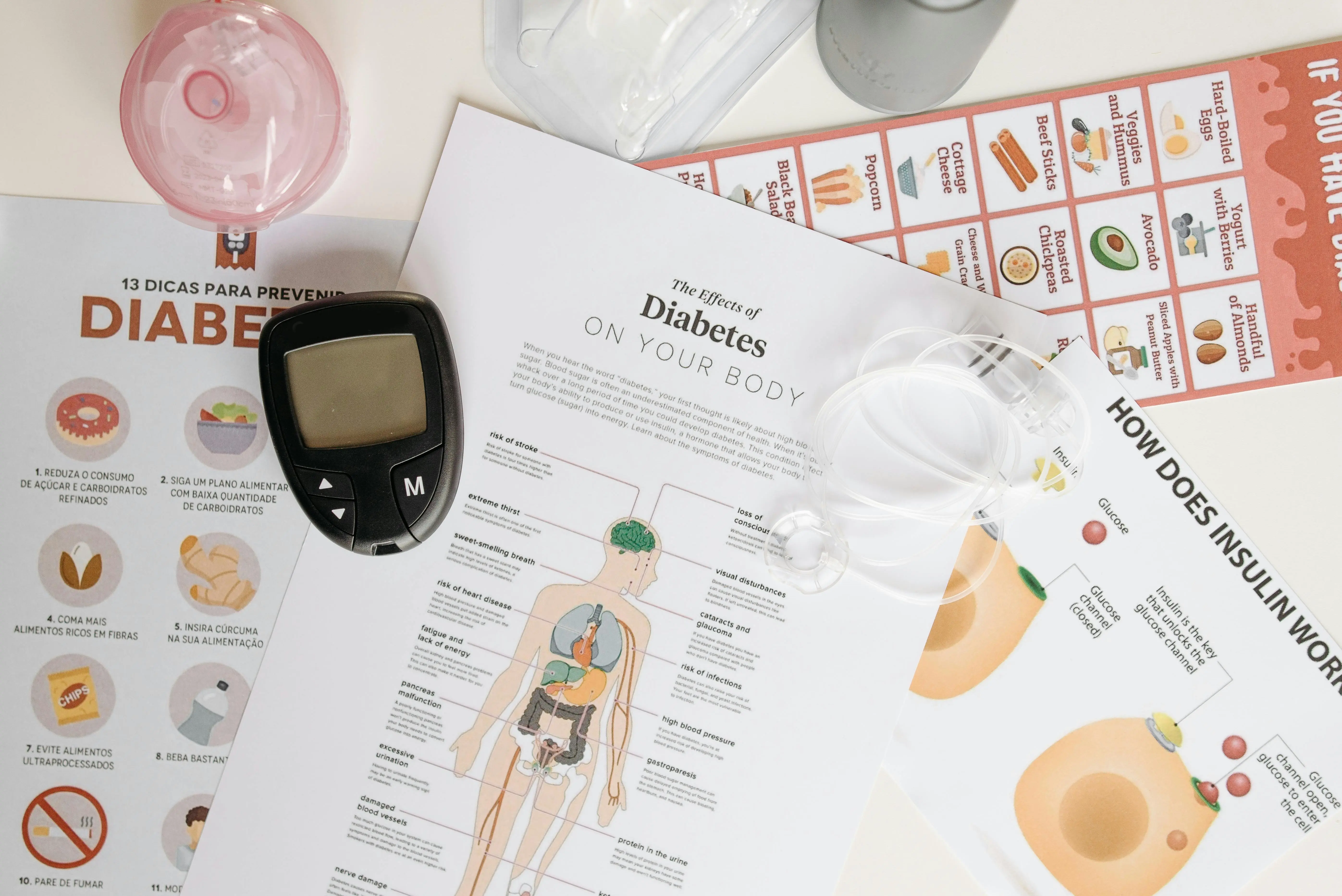Many are familiar with the uncomfortable feeling when digestion simply doesn't cooperate. It is often referred to as irritable bowel syndrome or attributed to "too much stress." But what if something entirely different is behind the symptoms? One possible—and often overlooked—cause is called SIBO. What lies behind the abbreviation, why it affects so many, and how to finally get the symptoms under control.
What is SIBO?
SIBO stands for Small Intestinal Bacterial Overgrowth, which means a bacterial overgrowth of the small intestine. Normally, only a few bacteria live in the small intestine—in contrast to the large intestine, which has a high microbial density. However, in SIBO, gut bacteria multiply excessively in the small intestine, where they do not belong.
The result: The bacteria begin to ferment undigested carbohydrates there. This produces gases such as hydrogen or methane, which can lead to bloating, abdominal pain, diarrhea, or constipation.
Typical symptoms of SIBO: When the gut falls out of balance
SIBO can manifest very differently, the symptoms are often diffuse. This often makes the diagnosis so difficult. However, the most common symptoms include:
- Bloated abdomen
- Severe bloating and feeling of fullness, usually shortly after eating
- Alternating between diarrhea and constipation
- Abdominal pain, often cramp-like
- Nausea, belching, or reflux
- Unintentional weight loss
- Nutritional deficiencies (e.g., vitamin B12, fat-soluble vitamins, iron)
- Fatigue and concentration problems (“Brain Fog”)
Since many of these symptoms also occur with irritable bowel syndrome (IBS), SIBO is often overlooked and sufferers are sometimes misdiagnosed for years.
What causes SIBO? Causes and risk factors
SIBO is not an independent disease, but usually the result of other disorders in the gastrointestinal tract or metabolism. Common causes and risk factors include:
- Slowed intestinal movement (e.g., due to stress, diabetes, or certain medications)
- Anatomical peculiarities such as adhesions, intestinal shortening, or fistulas
- Chronic diseases like celiac disease, liver cirrhosis, pancreatic insufficiency
- A weakened gut flora, for example after antibiotics or long diets
- Post-infectious after a gastrointestinal infection or traveler's diarrhea












